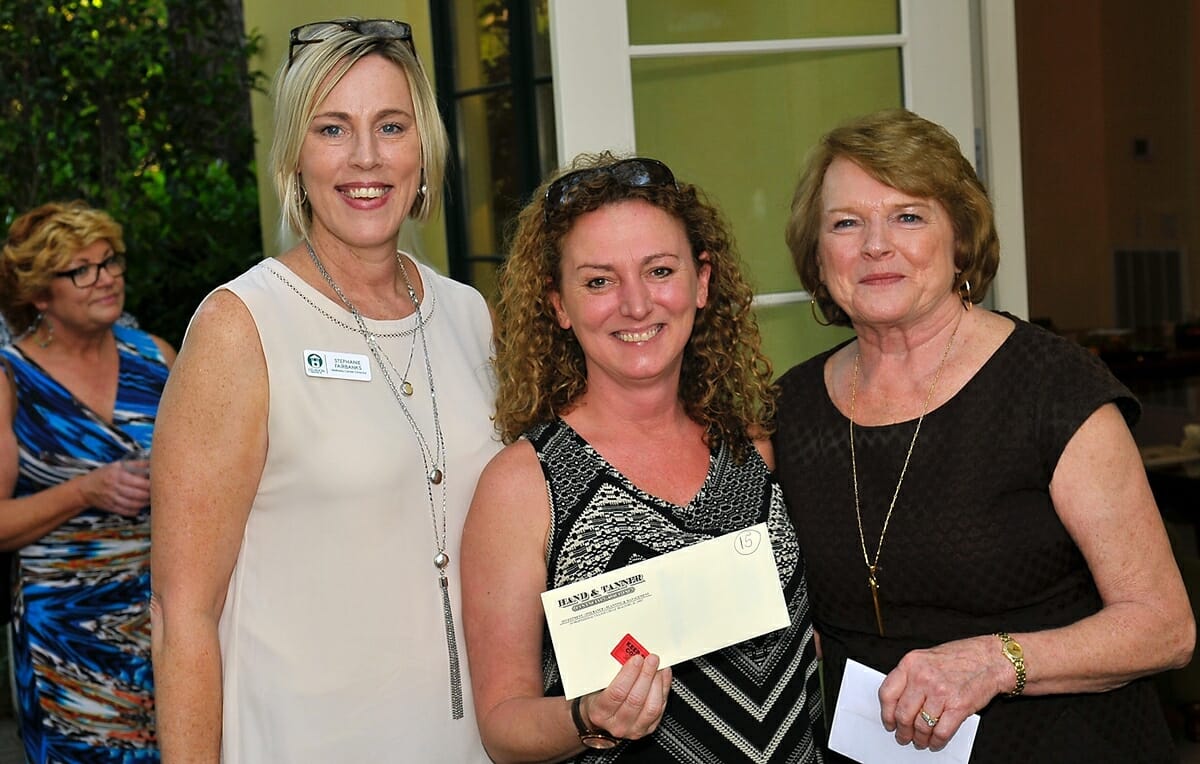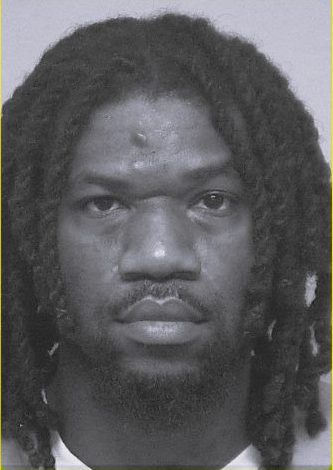By Lisa Allen
Interest is growing in finding a way to keep plastic bags out of Beaufort County waterways.
Isle of Palms was the first South Carolina community to ban single-use plastic bags in 2015, followed a year later by Folly Beach, also in Charleston County.
That’s what stirred things up.
Novolex, a $2-billion plastics and recycling company based in Harstville, S.C., urged state legislators to ban plastic bag bans. Yes, a ban on bans. Last year, Rep. Weston Newton, R-Bluffton, killed the bill in his Legislative Oversight committee.
This year, the plastics industry tried again, this time getting it assigned to the Labor, Commerce and Industry Committee. The bill made it out of committee and was debated twice on the House floor. Many legislators objected to the legislation, primarily over the principal of home rule, or the ability of local governments to do what they think is best in their community.
Using that argument, three Republican Beaufort County lawmakers — Reps. Shannon Erickson, Bill Herbkersman and Weston Newton — spoke against the “ban of bans” bill.
Newton said he objected to the ban because local coastal communities can see the need to keep plastics from harming their ecosystems.
The House voted to keep the bill from being considered again, until at least next January.
“But it will come up again,” said Rikki Parker, project manager for the South Coast office of the S.C. Coastal Conservation League (SCCCL).
In the meantime, SCCCL, the Friends of Hunting Island and Beaufort Indivisible are trying to get a local ban of plastic bags on the books.
Circulating petitions have garnered several hundred signatures. The topic drew a lot of attention at the Earth Day celebration at the Port Royal Farmers Market on April 22.
A plastics summit at the South Carolina Aquarium last month highlighted how plastics are wreaking havoc on all species, including humans.
Endangered sea turtles love to dine on jellyfish. Their mouth and esophagus are lined with sharp, pointy, backward-facing papillae to prevent slippery jellyfish from escaping by floating back out of their mouth. But when they mistake a floating plastic bag for food, they can’t spit it out. The bag can block their airway or, if completely consumed, their intestines. Either way, the bag can kill them.
Plastics imperil creatures further down — and then up — the food chain too. Plastics don’t disappear, but crumble into smaller and smaller pieces, fooling smaller and smaller creatures into thinking the particles are food, down to shrimp and oysters. When we eat shrimp and oysters, we ingest the plastic, too.
EcoWatch said that over the last 10 years, we have produced more plastic than during the whole of the last century. Half of the plastic we use, we use just once and throw away.
A study estimated that 8 million metric tons of plastic went into the oceans in 2010, the equivalent of five grocery bags filled with plastic for every foot of coastline in the world, said study author Jenna Jambeck, an environmental engineer from the University of Georgia.
By 2025, the annual output of plastic into the world’s oceans is estimated to be around 155 million metric tons.
Plastics corporation Novolex compiled a list of reasons plastic bags are more environmentally friendly than either paper or cloth bags. They argue that making plastic bags requires less energy and water than making paper or cloth bags, they consume less energy to transport and take up less room in landfills. They also point out how much plastic is recycled.
Novolex didn’t mention in its pro-plastics briefing all of the plastic that is neither sent to landfills nor recycled, but instead winds up in the oceans, local waterways, woods and roadsides.
Beaufort County Councilman Rick Caporale, R-Hilton Head Island, thinks a ban is a good idea.
He forwarded information about the damage plastic does to marine life, particularly sea turtles, to senior county leadership and his fellow council members.
Brian Flewelling, chair of the Natural Resources Committee, agreed to take up the issue this summer, but isn’t certain what solution will emerge. It could be a revenue stream that can fund picking up bags near waterways, Flewelling said.
“We’ll figure out what makes the most sense,” he said.
Caporale said, “Being a coastal county, I can see the potential for the good that could accrue from it. If I lived in an inland county, I wouldn’t have as much interest in it.
“I’ve seen a lot of articles about that damage that plastics bags and other pollutants do, like that plastics blob in the Pacific. They’re far enough away from us, like war, that we could ignore it. But we all contribute to it because of the amount of the pollution that we cause. I’m horrified when I go to the convenience center and see how much trash my wife and I generate.
“When I go to the beach, I see diapers and hundreds of straws and cigarette butts in the sand. When I fished, it was not uncommon to see pelicans caught in fishing line or hooked. It’s like a lot of other environmental issues. The facts are what they are and you have to respond.”
Beaufort City Councilmember Stephen Murray also supports a ban.
“There are two issues here,” Murray said. “The first is home rule. Local governments best serve their local communities. I was frustrated that again the legislature would take something out of the hands of local government.
“The second is that this is important to coastal communities. I know several local watermen and they told me they see plastic bags in our waterways every day.”
Beaufort City Council hasn’t had any discussions about plastic bag bans yet, Murray said.
“I think it’s a countywide issue,” Murray said. “Every municipality in the county has to come up with something that makes sense for everyone. It would be easier for the local businesses if it was the same everywhere.”
Caporale knows the ban will face opposition. Right now, he pegs the chances of success at about 50-50.
“I’m not worried about the criticism,” he said. “I expect the blowback. I think it’s a good idea to keep plastic bags out of the water and out of the woods.”







